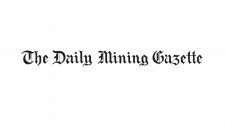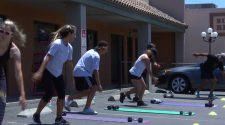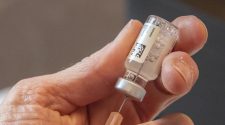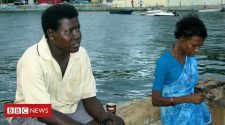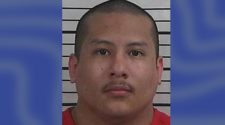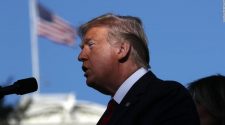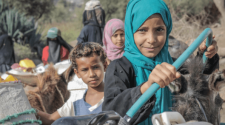
Yoon Suk-yeol, a conservative former prosecutor, declared victory in South Korea’s presidential election on Thursday after his liberal rival conceded defeat following a bitter battle in the politically divided nation.
Yoon, from the main opposition People Power Party, edged out the ruling Democratic Party’s Lee Jae-myung with 48.6% of the vote to 47.8%, with more than 98% of the ballots counted as of 4.20am on Thursday (7.20pm GMT on Wednesday).
“This is a victory of the great South Korean people,” Yoon told cheering supporters, who were chanting his name at the country’s National Assembly.
He later pledged to honour the constitution and parliament and work with opposition parties to heal polarised politics and foster unity, calling the election a “victory of the great people”.
“Our competition is over for now,” he told a news conference, thanking and consoling Lee and other rivals. “We have to join hands and unite into one for the people and the country.”
Lee conceded defeat and congratulated his opponent.
“I did my best, but failed to live up to your expectations,” he told a news conference, blaming his “shortcomings”.
“The president-elect, I desperately ask you to overcome divisions and conflicts and open an era of integration and unity.”
The White House congratulated Yoon and said President Joe Biden said he looked forward to working closely with him to expand close cooperation between the allies.
“The alliance between the United States and the Republic of Korea, our economies and our people is ironclad. President Biden looks forward to continue working with the new president-elect to further expand our close cooperation,” a spokesperson said.
The unusually bitter election campaign was marred by scandals and smears, but the policy stakes are high for the country of 52 million.
About 77% of South Korea’s 44 million eligible voters cast ballots to pick the leader of a nation whose global status is rising even as it has been riven by gender and generational divisions, while facing a confrontational North Korea.
In echoes of the 2020 national assembly elections, voters wore masks and used hand sanitiser, casting their ballots on the same day South Korea reported a record 342,446 new Covid-19 cases.
More than a million people are isolating at home after testing positive, health authorities say. The country amended its electoral laws last month to ensure they would be able to vote.
Yoon, who was hoping to benefit from public anger over rising house prices in Seoul, income inequality and youth unemployment, said during the campaign that he would address mounting economic problems with a dose of fiscal conservatism, including a cut in the minimum wage and the removal of limits on working hours.
He vowed to address the housing crisis with tax relief, pledged support for small businesses and self-employed people, and encouraged the private sector to create jobs and builds millions of new homes.
While North Korea’s recent return to ballistic missile tests was lower down the list of voter priorities, Yoon’s team has said he would restart talks with the regime in Pyongyang, while boosting South Korea’s deterrent capabilities.
That could include buying an additional US missile defence system, despite criticism from China that its powerful radar can penetrate its territory. South Korea’s decision to deploy the system, known as Thaad, in 2017 triggered economic retaliation from Beijing.

